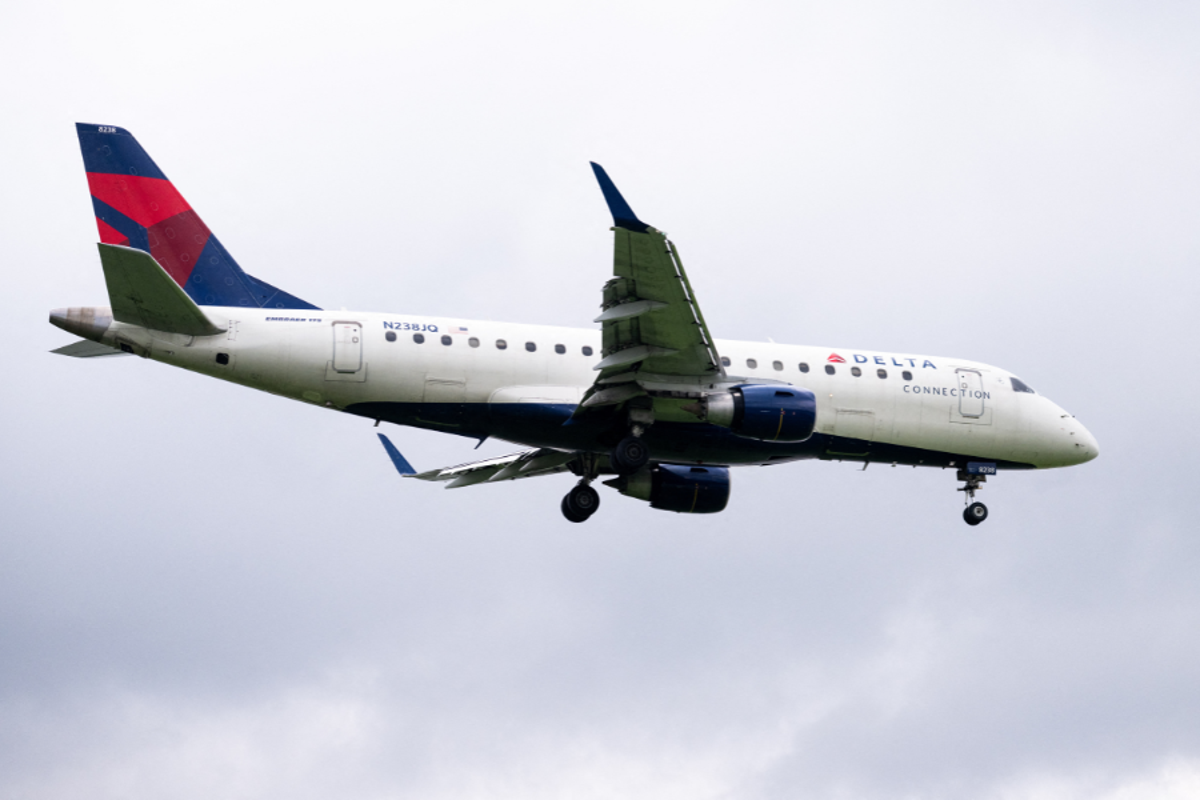WASHINGTON (AP) — The government of Taiwan has canceled a plan for its president to stop in the United States while traveling to Latin America, according to The Associated Press — a move that has resulted in differing explanations about why the trip was called off.
Amid rumors that the Trump administration had blocked a planned stopover for Taiwanese officialsPresident Lai Ching-teIn New York, Taipei stated that Lai did not have any overseas travel plans because of domestic matters, such as natural disasters and tariff discussions with the United States. The other location considered for Lai’s schedule was Dallas, Texas.
Regardless of the cause, the cancellation is sure to provide a significant diplomatic win for Beijing and has raised worries among experts that the White House is establishing a negative example forU.S.-China relations.
Information regarding the administration’s decision was limited, but a source familiar with the talks informed AP that the U.S. “had requested Taipei to change the transit route — not to go through New York.”
Another individual who was aware of the conversations mentioned that Beijing realized it could request President Donald Trump to prevent Lai from passing through the United States due to the believed “urgency” on Trump’s part to meet Chinese President Xi Jinping.
Both individuals spoke under the condition of anonymity as they are currently involved in delicate conversations with administration officials. The White House stated that they have no comments to make regarding this issue. Tammy Bruce, a spokesperson for the State Department, mentioned that it is a “hypothetical” matter since Taiwan has not disclosed any travel arrangements for Lai.
There are many questions and assumptions that have arisen,” she said to reporters on Tuesday. “But I can confirm that it is still just a hypothetical situation at this time. No plans have been made.
Conversations took place late last week
By the end of last week, it became evident that the Trump administration was considering Lai’s potential transit, although it remained uncertain whether the administration had taken steps to prevent it, as stated by one individual. It was also unclear if the Trump administration would be willing to permit Lai to pass through a city besides New York.
The United States is required by its own legislation to provide military assistance to Taiwan, which separated from China in 1949 following a civil conflict. Beijing considers the island located off its southeastern coast as part of its territory and has promised to take it back, using force if needed.
Jason Hsu, a senior fellow at the Hudson Institute and former member of Taiwan’s Legislative Yuan, stated that Taiwan consistently seeks input from the United States regarding transit and described it as “unusual” for Washington to object when such stops are allowed under the Taiwan Relations Act. Bruce mentioned that visits by high-ranking Taiwanese officials, including presidents, “align completely with our long-standing policy and procedures.”
In Taipei, Karen Kuo, the spokesperson for the presidential office, stated that there are no immediate plans for Lai to go on a trip.
“Regarding the recent efforts to recover from the typhoon disaster in southern Taiwan, the U.S.-Taiwan reciprocal tariff measures, and regional developments, the president currently has no intentions of traveling abroad in the near future,” Kuo stated.
Regular practice that sparks regular protests from Beijing
The Chinese Embassy did not provide a statement in response to an AP inquiry. Nevertheless, Beijing has consistently objected to any transit by Taiwanese officials in the United States.
Lai was chosen as Taiwan’s president in 2024. On hisfirst overseas tripLast November, he visited Hawaii and Guam, where he met with U.S. officials. Although these trips were common under previous Taiwanese presidents and past U.S. administrations, a source involved in the discussions stated that Beijing sees Lai differently due to his more assertive stance on Taiwan independence.
Zack Cooper, a senior fellow at the American Enterprise Institute, stated that although recent U.S. administrations have not utilized Taiwan in discussions with Beijing, “this choice prompts questions about whether the Trump administration is reevaluating that stance.”
And Jason Hsu, a senior fellow at the Hudson Institute and a former legislator from Taiwan’s KMT party, stated that in blocking Lai’s stopover “the Trump administration seems to be yielding to China’s key demands.”
Members of the House Foreign Affairs Committee from the Democratic Party stated on Tuesday that Trump is yielding to Beijing. Rep. Raja Krishnamoorthi from Illinois, who leads the House Select Committee on the Strategic Competition Between the United States and the Chinese Communist Party, described it as “another instance of the Trump Administration giving in to China in an effort to secure a trade agreement.”
“Past presidents from both political parties have permitted Taiwanese officials to pass through the United States, and this situation should remain unchanged,” he stated in a release.



